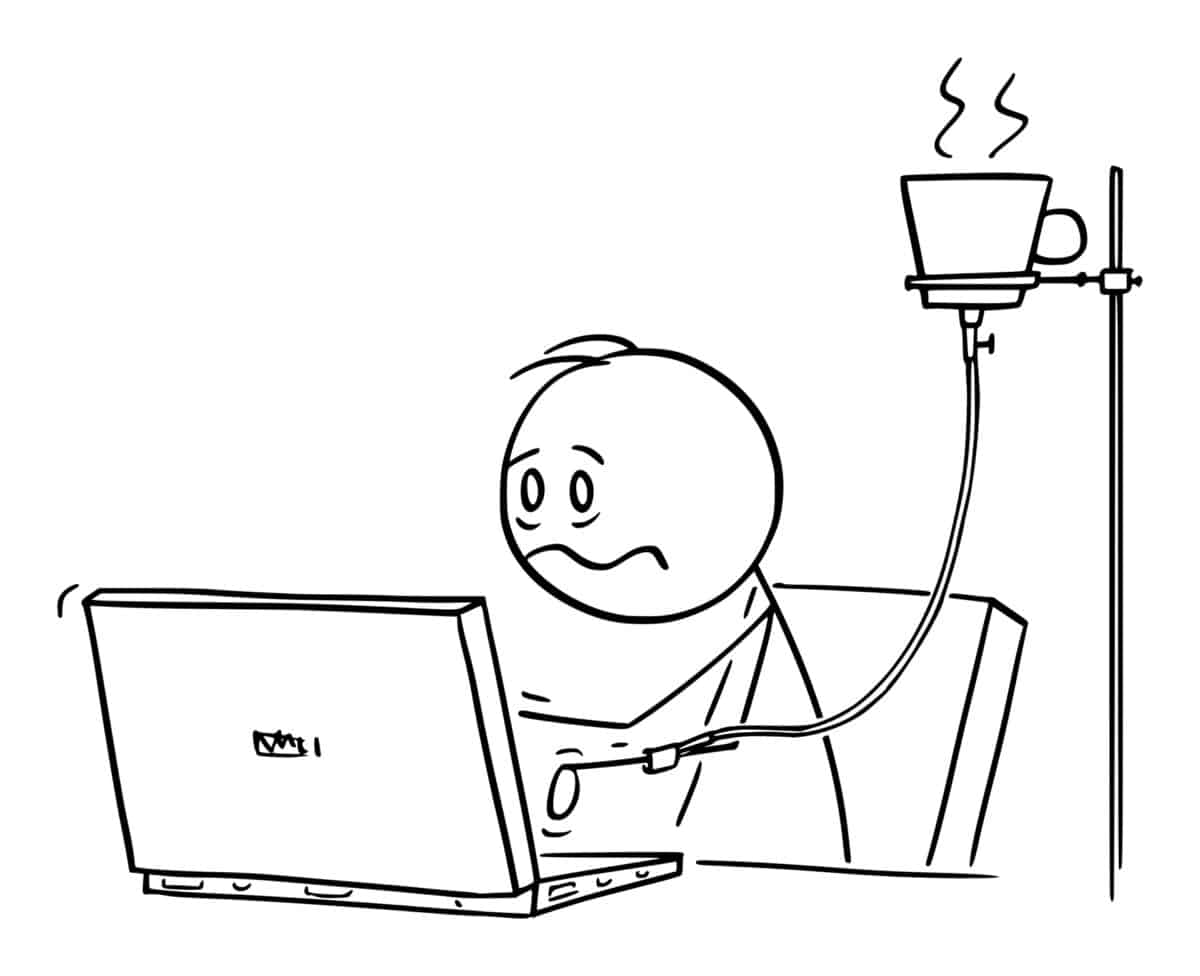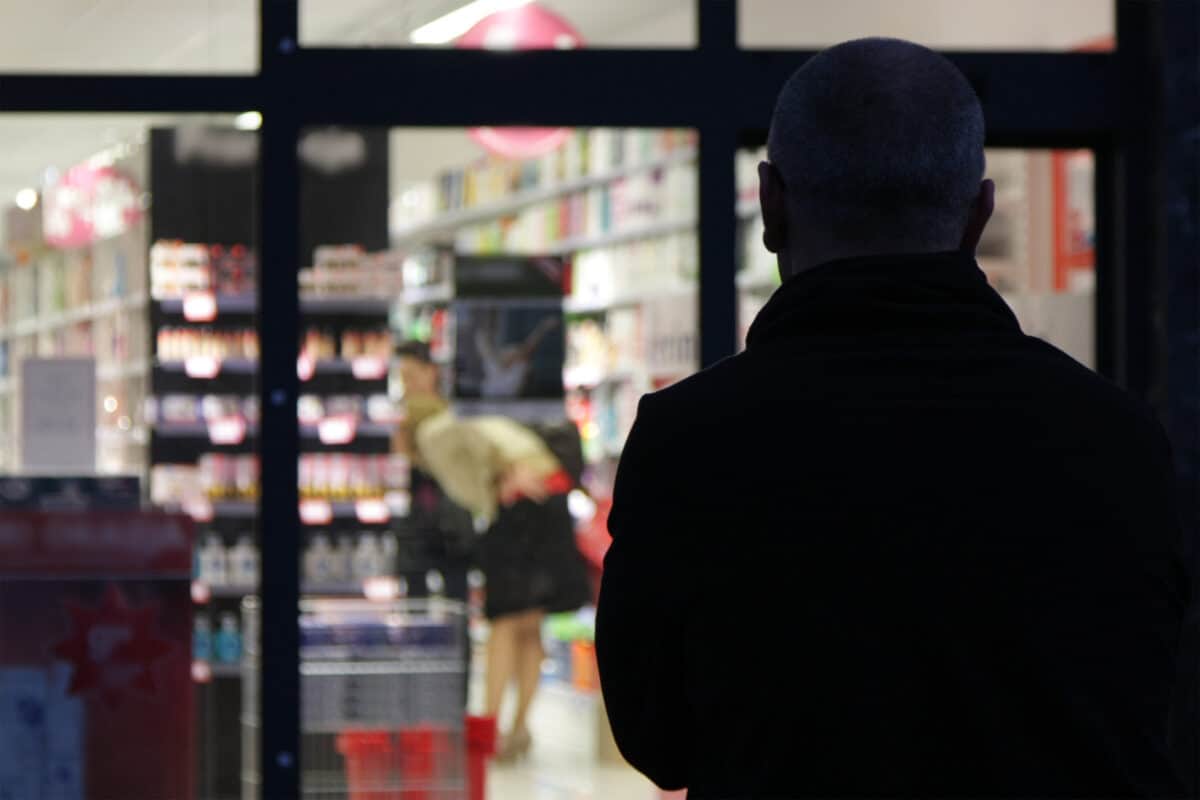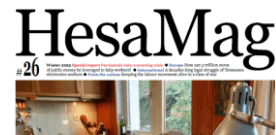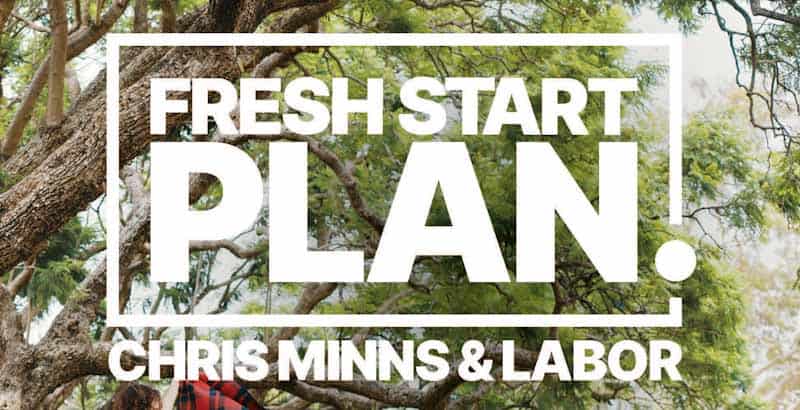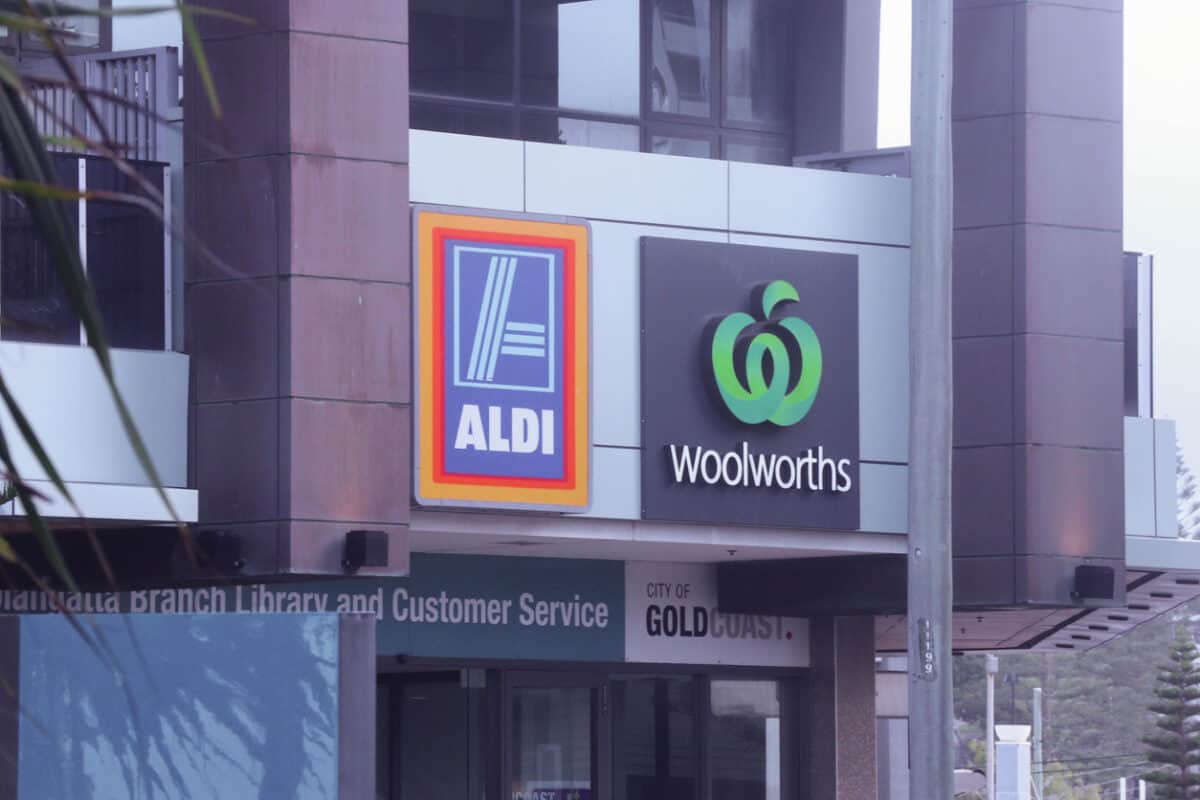The Australian Broadcasting Corporation recently published a curious article about workaholism and burnout – the latter being an occupational mental health condition recognised by the World Health Organisation.
It is curious because the catalyst for the article, Sally McGrath, claims to have experienced burnout three times. Once is understandable as job stress can creep up on anyone. Twice should result in external assistance to investigate the work environment, work practices and personal mental health to identify contributory factors. But the third time…??? Burnout is not something that is usually a repeated experience and its prevention may present a significant challenge for the occupational health and safety (OHS) profession and employers.

